Comparing 5 Top Smartcontract Cryptocurrencies: Algorand, Cardano, Cosmos, Ethereum & Tezos
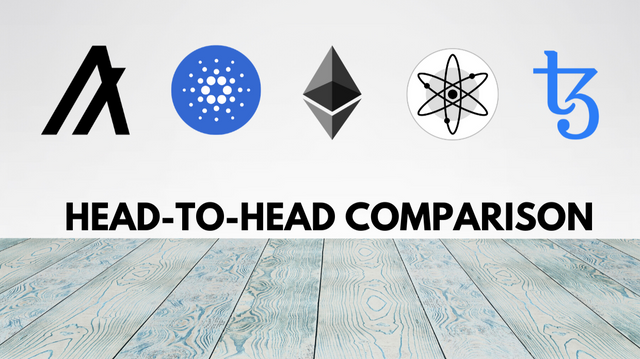
Currently, the smart contract platform space is more stacked than it has ever been before. It seems like every single month, a promising new project is coming out that’s threatening to become a leader in this space. Objectively speaking, five blockchain projects are currently dominating this space:
- Ethereum.
- Cosmos.
- Cardano.
- Tezos.
- Algorand.
Let’s go through these projects one-by-one and then see which one could be the dominating force in the future.
#1 Ethereum

Let’s start with the big one. While several criticisms have been levied towards it, Ethereum undoubtedly remains the king of this space. Founded by Russian-Canadian prodigy, Vitalik Buterin, Ethereum wanted to create a global supercomputer that could rent out resources to developers around the world to create their own decentralized applications.
Ticker: ETH
Consensus Mechanism
Ethereum, like Bitcoin, currently uses the proof-of-work (POW) consensus algorithm. We have specialized nodes called miners within the network that use mining tools called “ASICs” to add new blocks to the blockchain. In exchange, they get a block reward, which currently stands at around 2 ETH. The protocol will soon shift to proof-of-stake (POS), where validators will have a stake within the ecosystem. The validators get a reward that’s proportional to the stake they are holding within the system.
Ethereum advantages
Ethereum’s advantage comes from the fact that it was the very first dApp platform in the space. It has the healthiest developer community in the space and it already has some good quality apps hosted on top of it.
#2 Cosmos
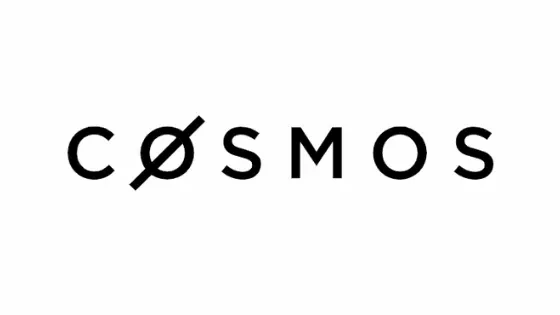
Cosmos has often been called the “Internet of Blockchains.” The core philosophy of Cosmos is to bring unprecedented levels of interoperability. The company behind the project is the “Interchain Foundation Team,” headed by CEO Jae Kwon and CTO Ethan Buchman. Cosmos is based on a hub-and-zone model where the Cosmos blockchain works as a “hub,” while the connecting blockchains are called the “zones.”
Ticker: ATOM
Consensus Mechanism
Cosmos uses the popular Tendermint algorithms, which is a variation of pBFT or practical Byzantine Fault Tolerance.
Cosmos advantages
The main advantage of Comos lies in the utility it can potentially bring into the system. By becoming a hub of the interconnecting public chains like Ethereum, Tezos, etc., Cosmos can, no pun intended, become a hub of unprecedented blockchain activity. In a decentralized future, an interconnecting hub like Cosmos will be indispensable.
#3 Cardano
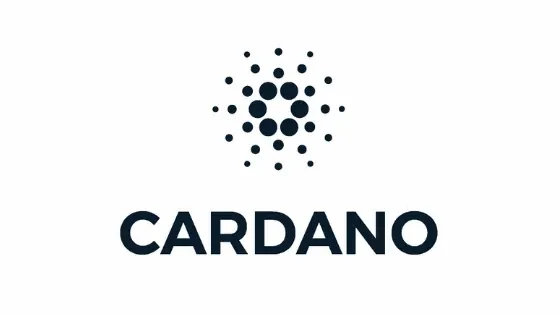
Founded by Charles Hoskinson, Cardano is another fascinating blockchain project that has gathered a very loyal fanbase. Science and philosophy lie at the core of Cardano’s offering. BY leveraging peer-reviewed tech, Cardano plans to bring in unprecedented scalability and interoperability into the space. The organizations behind Cardano are IOHK and Emurgo (its financial arm).
Ticker: ADA
Consensus Mechanism
Cardano’s consensus mechanism is Ouroborous, a peer-reviewed, proof-of-stake algorithm. Cardano allows its validators to pool together their resources in “stake pools.” Cardano divides its entire timeline into small blocks called “epochs.” A staking pool gets randomly chosen to validate blocks during the epoch.
Cardano Advantages
Cardano ensures high-assurance code by integrating functional programming. The core code of the protocol is written in Haskell, while smart contracts will be coded in Plutus. Smart contracts coded in functional language are formally verified, making them less bug-prone.
#4 Tezos
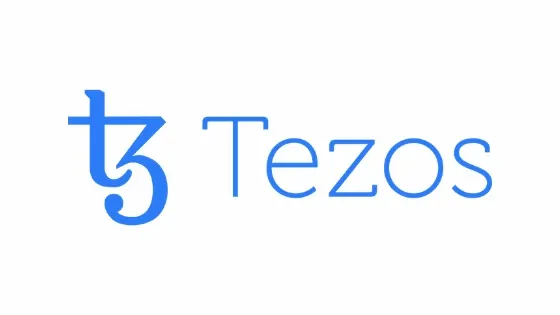
Founded by Arthur and Kathleen Breitman, Tezos is a decentralized, self-governing smart contract platform that raised $232 million in just two weeks. Like Cardano, Tezos also uses functional languages, having being code with OCaml and picking Michelson as its smart contract code.
Ticker: XTZ
Consensus Mechanism
Tezos uses the liquid proof-of-stake (LPOS) consensus mechanism, which champions the principle of liquid democracy. In this system, you can either take part in the consensus yourself or delegate your stake to someone else and let them take part in it for you. The entities that participate in the consensus process are called “bakers,” and the process is called “baking.”
Tezos Advantages
The most fascinating aspect of Tezos is its self-governing system, which mitigates the need for any hard forks. Any voting and governance are done on-chan. Proposals are brought forward by the community, which are promptly voted on by the bakers. The voting process can be modified as needed.
#5 Algorand
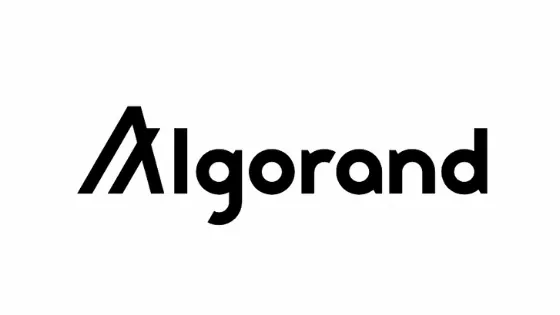
Founded by Turing award winner, Silvio Micali, Algorand is a one-of-its-kind pure proof-of-stake (PPOS) protocol for hosting large scale DeFi applications. Algorand’s ability to host smart contracts in the layer-1 level and its use of innovative cryptography has seen it explode in popularity over the last few years.
Ticker: ALGO
Consensus Mechanism
Traditional POS algorithms are highly skewed towards people who already own a large amount of the native tokens. The higher your stake, the more your chances of getting to sign a block. Algorand adopts a more egalitarian method. ALGO token holders are randomly and secretly chosen to add blocks to the main blockchain. The holders are chosen irrespective of the size of their stake.
Algorand Advantages
Algorand’s innovative tech and PPOS consensus system give it a high level of speed and security. This has, in turn, attracted a lot of valuable partnerships, such as:
- SFB Technologies: To create a CBDC for Marshall Islands called “SOV.”
- Meld: To tokenize gold and track it over its supply chain.
- DUST Identity: Authenticate physical objects over the blockchain.
- World Chess: The official broadcaster of the World Chess Federation events.
- Italian Society of Authors and Publishers (SIAE): Develop copyright management tools and services.
- International Blockchain Monetary Reserve (IBMR): To create stablecoin called Asia Reserve Currency Coin (ARCC) to promote financial inclusion in Southeast Asia
- AssetBlock: A real estate startup that’s looking to launch its platform on Algorand
- PlanetWatch: A CERN spinoff that’s building the world's first immutable air quality ledger.
Conclusion
While Ethereum does have the lead in the smart contract platform space, for now, projects like Cardano and Algorand are quickly catching up. The latter especially has made exponential leaps in recent times and managed to gain some valuable partnerships.
Before we wrap things up, let’s summarize everything with a quick comparison table:
